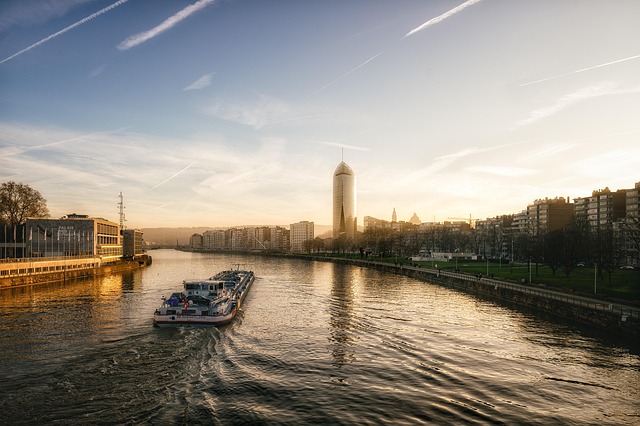Karachi's barber shops have evolved from colonial social hubs to modern community centers blending South Asian, Arab, and Western aesthetics. Scheme 33 is a pioneering initiative transforming these spaces into vibrant hubs offering haircuts, social engagement, health education, and economic empowerment through barbers acting as community leaders. The scheme revitalizes Karachi's urban landscape, promoting self-care, sustainability, and local entrepreneurship while highlighting the city's diverse identity.
In the vibrant city of Karachi, barber shops have not only served as spaces for haircuts but also as community hubs. This article explores the historical evolution of these establishments in the city and delves into Scheme 33—a novel initiative aimed at enhancing local communities’ access to quality haircare. We examine its unique approach, target audience, and the services it offers, ranging from traditional cuts to modern trends. Additionally, we discuss the impact and challenges of implementing this community-focused scheme in Karachi.
- The History and Evolution of Barber Shops in Karachi
- Scheme 33: A Unique Approach to Community Haircare
- Location, Target Audience, and Benefits for Local Communities
- Services Offered: From Traditional Cuts to Modern Trends
- The Impact and Challenges of Implementing Scheme 33
The History and Evolution of Barber Shops in Karachi
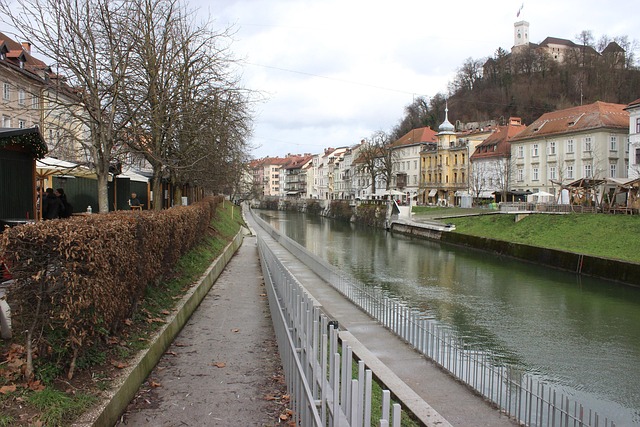
Karachi, as one of Pakistan’s most vibrant and historic cities, has witnessed a fascinating evolution in its barber shops over time. These establishments have not only served as spaces for grooming but also as social hubs, reflecting the city’s changing cultural landscape. Historically, barbershops in Karachi dated back to the colonial era, when they were introduced by the British and later adapted by locals. These early bars often doubled as gathering places for men to socialize, discuss politics, and share news, playing a crucial role in the community.
As Karachi developed and diversified, so did its barber shops. They evolved from simple, traditional settings with straight razors and old-world charm to modern, stylish spaces offering a range of grooming services. Today, these shops cater to a diverse clientele, blending cultural influences from Karachi’s rich history, including South Asian, Arab, and even Western trends. This evolution mirrors the city’s dynamic nature, where tradition meets modernity, making barber shops in Karachi not just places for haircuts but cultural landmarks that tell the story of the city’s changing times.
Scheme 33: A Unique Approach to Community Haircare
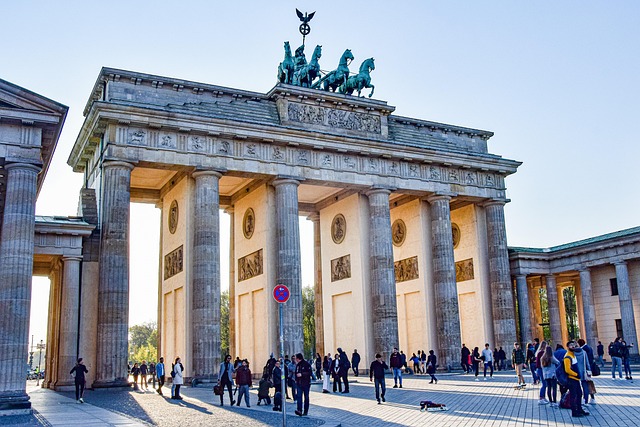
Scheme 33 is a pioneering initiative in Karachi that transforms traditional barber shops into community hubs, offering more than just haircuts and styles. This unique approach leverages local barbershops as centers for social engagement, health education, and economic empowerment. By providing a space where residents can gather, connect, and access essential services, Scheme 33 is revitalizing the street-level urban landscape.
Incorporating elements of community wellness and financial literacy, Scheme 33 empowers barbers to become trusted community leaders. They facilitate workshops on hygiene, nutrition, and financial management, fostering a culture of self-care and sustainability among participants. This holistic approach ensures that Karachi’s vibrant neighborhoods benefit from improved well-being and economic opportunities, making Scheme 33 a game-changer in urban community development.
Location, Target Audience, and Benefits for Local Communities
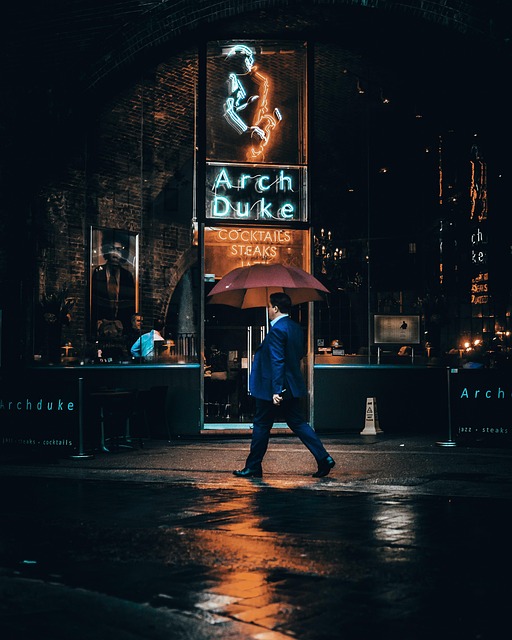
In the vibrant city of Karachi, Barber Shops Scheme 33 stands as a beacon of community engagement and local entrepreneurship. Located in strategic areas across the metropolis, these shops cater to a diverse range of customers, from young professionals seeking sharp, modern cuts to older residents preferring classic styles. The scheme’s appeal transcends age and socio-economic backgrounds, making it a beloved feature of Karachi’s urban landscape.
The benefits for local communities are manifold. Not only does the scheme provide high-quality grooming services at affordable prices, but it also contributes to the economic vitality of neighborhoods. Local barbers, trained under the scheme, gain valuable skills and business acumen, fostering self-reliance and entrepreneurship. Moreover, these shops serve as community hubs where people gather, socialize, and share stories, enhancing social cohesion and strengthening the sense of belonging within Karachi’s diverse tapestry.
Services Offered: From Traditional Cuts to Modern Trends
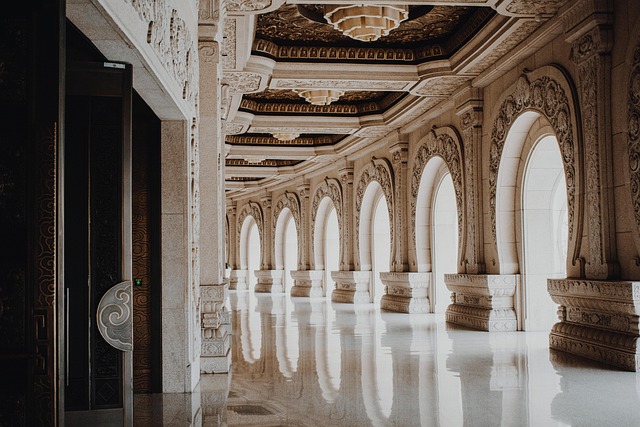
In Karachi, Scheme 33’s barber shops offer a diverse range of services that cater to both traditional and modern styling preferences. From classic fade cuts and pompadours to contemporary quiffs and undercuts, customers can expect skilled barbers who are well-versed in the latest trends. The shops also provide beard trimming, shaping, and styling options, ensuring that every customer leaves looking their best.
In addition to these services, many barber shops in Scheme 33 offer hot towels, hair products for purchase, and even a friendly chat to help men unwind and relax during their haircut. This personalized experience sets these bars apart, making them not just places for a trim but also spaces where men can take a break from their busy Karachi lives.
The Impact and Challenges of Implementing Scheme 33
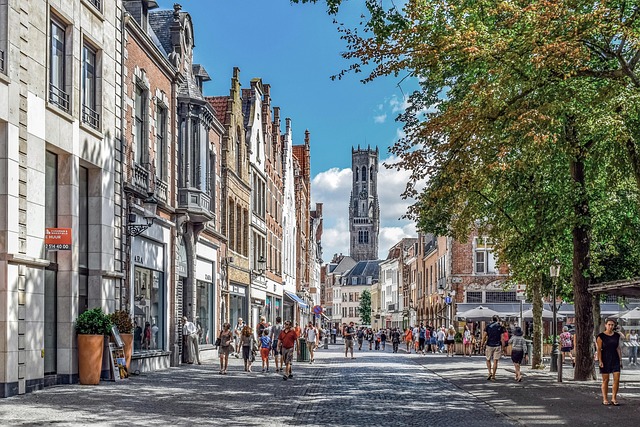
Implementing Scheme 33 in Karachi has brought about significant changes within the barber industry, offering a structured framework for legal operation and improved safety standards. This initiative aims to regulate barber shops by ensuring compliance with health and sanitation guidelines, licensing requirements, and fire safety measures. By formalizing the sector, the scheme addresses historical challenges like unregulated practices, unsanitary conditions, and potential health risks prevalent in many Karachi barber shops.
However, the transition has not been without difficulties. Barbers have grappled with adapting to new bureaucratic processes, including registration, licensing, and regular inspections. Financial constraints also pose a barrier, as businesses invest in infrastructure upgrades to meet Scheme 33’s criteria. These challenges underscore the need for continued support, clear communication, and tailored assistance to facilitate a smoother transition, ultimately enhancing the overall grooming experience for Karachi’s diverse customer base.
Scheme 33 has brought a refreshing change to the barber shop scene in Karachi, offering more than just haircuts; it’s a community-centric initiative that promotes accessibility and quality grooming. By combining traditional barbershop heritage with modern trends, this scheme caters to diverse preferences while fostering social connections. Despite challenges, its impact on local communities is undeniable, providing employment opportunities and ensuring affordable, high-quality haircare services for all. This innovative approach serves as a model for urban initiatives aimed at revitalizing traditional trades while meeting the evolving needs of Karachi’s residents.
